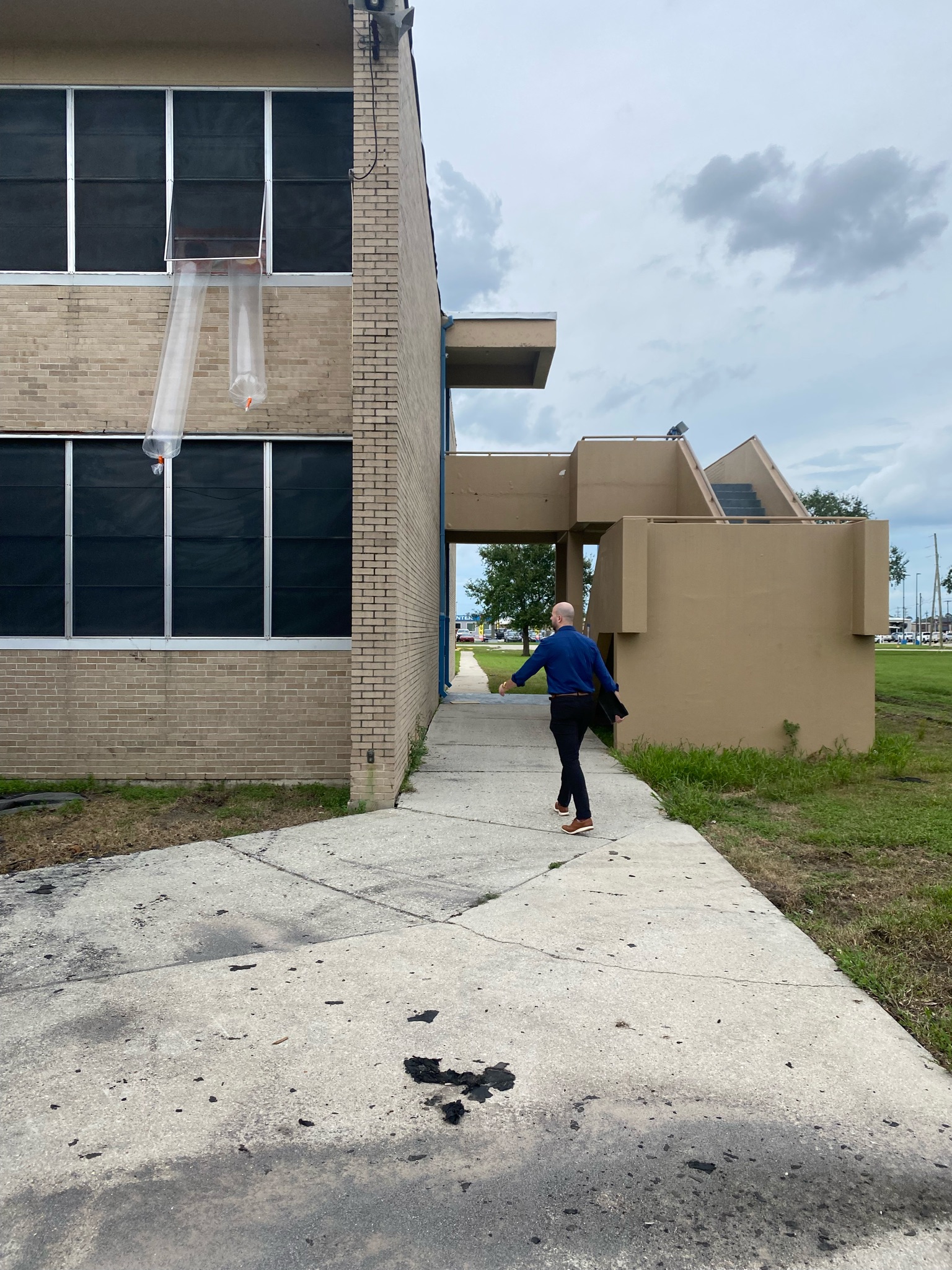Restoring Order: Strategies For Dealing With Water Damage From A Condo Above You

Coming home to find that the “water damage from condo above me” scenario has become your reality can be distressing. Whether it’s a minor leak or significant flooding, water damage poses risks to your property’s structural integrity and your personal belongings. For those unfamiliar with building inspection and construction, addressing the damage can be overwhelming. This guide will walk you through the steps to restore your condo to its former glory:
Immediate Response: Stop the Water Flow
The first and foremost priority is to stop any ongoing leakage. If the water damage from the condo above you is still active, contact your upstairs neighbor or the building management to address the source of the leak. Ensure that the main water supply is turned off if necessary.
Document the Damage
Before you begin any cleanup, it’s essential to document the damage thoroughly. Take clear photos and videos showcasing the extent of the water damage. This will be crucial when dealing with insurance claims and any potential disputes with the condo association or the resident above.
Safety First: Assess for Hazards
Water damage can introduce a variety of hazards, from electrical issues to potential mold growth. Before proceeding with any repairs, ensure that all electrical outlets, appliances, and fixtures in the affected area are turned off. It’s also wise to wear protective gear, such as gloves and masks, especially if there’s a risk of contaminated water.
Begin the Cleanup Process
Remove any standing water with the help of a wet vacuum or towels. Once the water is cleared, focus on drying out the space. Using fans and dehumidifiers can expedite this process. Remember, moisture breeds mold, so time is of the essence!
Inspect for Mold Growth
Mold can start growing within 24-48 hours of water exposure. If you suspect the “water damage from condo above me” incident might have introduced mold to your space, consider bringing in a building inspection specialist. They can assess the risk and recommend remediation strategies.
Consult with Professionals
Depending on the extent of the damage, it might be necessary to consult with professionals. This could range from electricians checking your wiring to construction experts assessing the structural integrity of your ceiling and walls. Always prioritize safety and the long-term health of your condo.
Communicate with Relevant Parties
Stay in regular communication with your condo association, the resident above, and your insurance company. Each party might have responsibilities or roles to address the damage, so clear communication can help streamline the recovery process.
Plan for Future Prevention
Once you’ve addressed the immediate concerns, it’s time to think about prevention. Consider discussing potential safeguards with your condo association. This could include regular building inspection schedules, upgrading old plumbing systems, or implementing stricter regulations on condo renovations.
Lessen the Stress that Comes with It
While facing water damage in your condo due to an issue from the above unit can be stressful, having a clear strategy can make the recovery process more manageable. The key is to act swiftly, prioritize safety, and ensure open communication with all involved parties.
By understanding the necessary steps and seeking expert advice when needed, you can effectively mitigate the impact of water damage and restore order to your living space. Remember, your condo is more than just a physical space; it’s your home, and with the right approach, it can bounce back from even the most daunting challenges.
